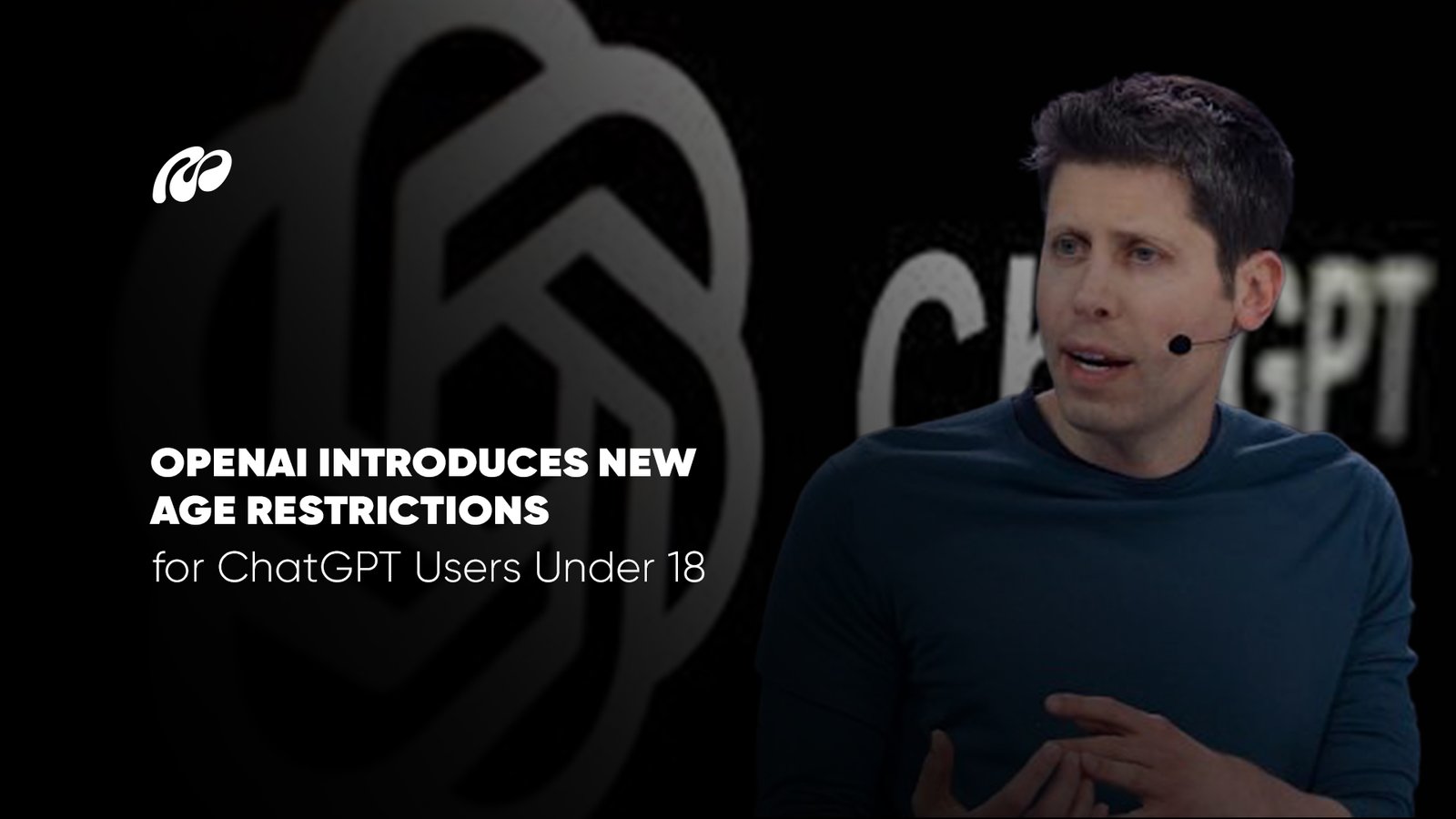Summary
- Open AI has introduced restrictions on ChatGPT for under-18 users to enhance child safety.
- The new ChatGPT OpenAI teen version adds parental monitoring, filters, and study-friendly features.
- Sam Altman stressed that AI development must balance innovation with responsibility.
- OpenAI will roll out changes globally, adapting them to regional needs and educational systems.
Open AI has announced new restrictions on ChatGPT for users under 18, aiming to strengthen child safety amid growing international concern. Under the guidance of Sam Altman, the platform has become widely adopted in education, but concerns about responsible use continue. The broader innovation strategy behind this shift was detailed in OpenAI Reasoning Models Update, which highlights how ChatGPT OpenAI is advancing with stronger ethical and technical foundations.
The teen-focused version of ChatGPT will introduce filters, parental controls, and supervised educational features. By doing so, Open AI reinforces its view that while AI tools can support learning and creativity, they must also protect children from unsafe digital exposure. This balance reflects Sam Altman’s ongoing message about responsibility in technology.
How ChatGPT’s new teen version will work
The updated teen ChatGPT will help with schoolwork, creative writing, and language skills, but under stricter limits. These safety measures ensure child safety without limiting the tool’s usefulness. ChatGPT OpenAI thus becomes both a digital assistant and a safeguarded learning partner.
To ensure trust, Open AI confirmed that parental dashboards and monitoring systems will be available. According to Sam Altman, equipping teens with digital literacy while filtering harmful content is essential to future readiness. This new version demonstrates that AI can empower without exposing young users to risks.
Further rollout plans have been explained in Mattrics Deployment Report, showing how OpenAI intends to phase these updates with feedback from parents and educators. This staggered release allows adjustments before global implementation, ensuring local standards and needs are respected.In addition, global adaptation has been highlighted in Mattrics Regional Strategy, where OpenAI outlines how customization will vary by culture and educational policies. This reflects a broader mission for ChatGPT OpenAI, to combine global innovation with localized responsibility. For Sam Altman, this phased and region-sensitive rollout reinforces that ethical design and child safety are central pillars of the company’s future vision.




